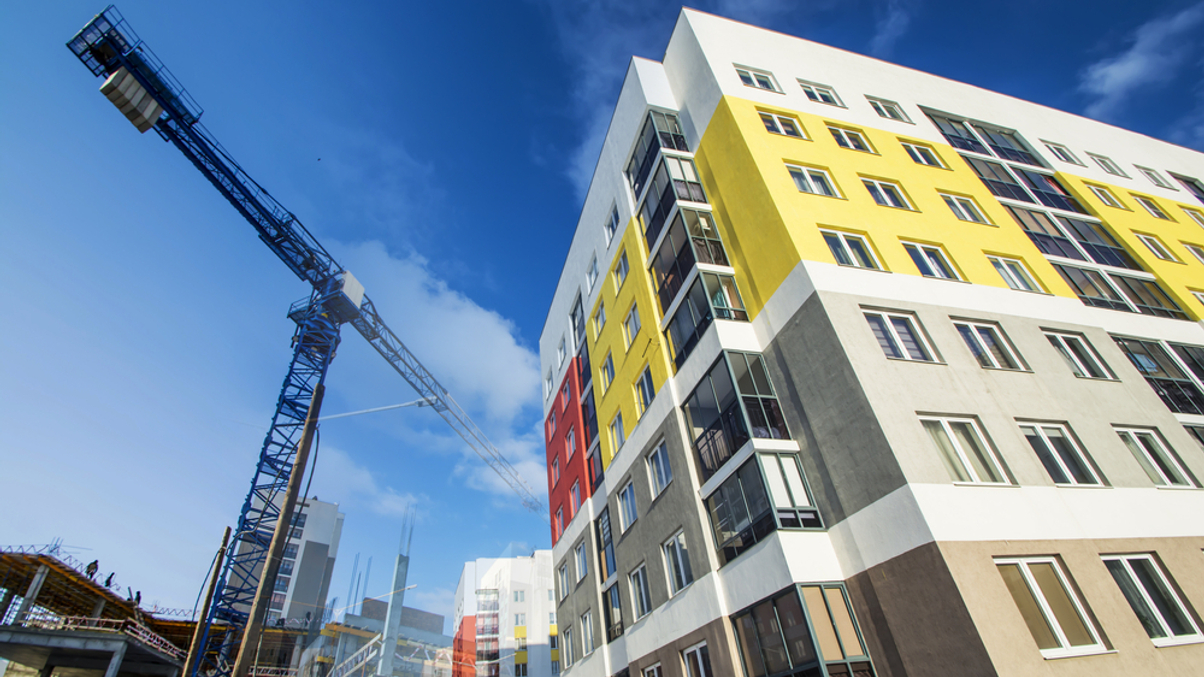Private equity and residential property: moral hazard?
The growth of private equity fund ownership of multi-family residences will drive up rents and volatility. Limiting rent increases can help, but only to a point, the APG head of European real estate said.

Investors have a responsibility to minimise the social impact of the growing participation of private equity funds in multi-family assets could have a negative social impact, a prominent property investor has warned.
Sign in to read on!
Registered users get 2 free articles in 30 days.
Subscribers have full unlimited access to AsianInvestor
Not signed up? New users get 2 free articles per month, plus a 7-day unlimited free trial.
¬ Haymarket Media Limited. All rights reserved.


